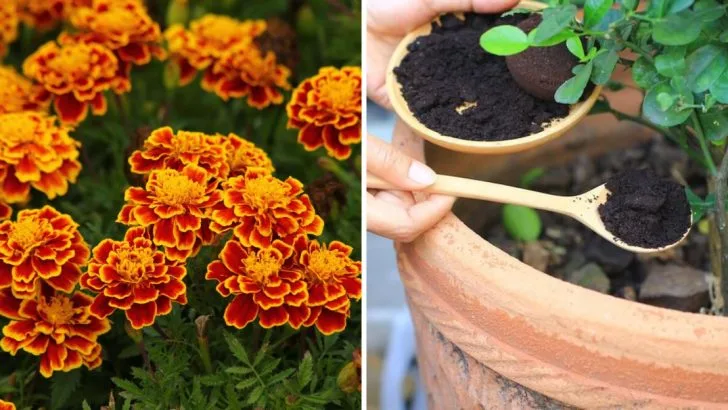There’s a lot of gardening advice floating around—some of it helpful, some of it… not so much. It’s easy to fall for a trick that promises to make things easier, cheaper, or faster, especially when it pops up on social media or gets passed along by a well-meaning friend. But not all hacks are created equal, and some can actually do more harm than good.
From burying banana peels to watering with leftover pasta water, many of these so-called shortcuts sound clever at first. The problem is, a lot of them either don’t work the way people think they do, or they create new problems altogether. Instead of relying on gimmicks, it helps to understand what your plants actually need—and make choices that support healthy, long-term growth.
Coffee Grounds for Acidic Soil
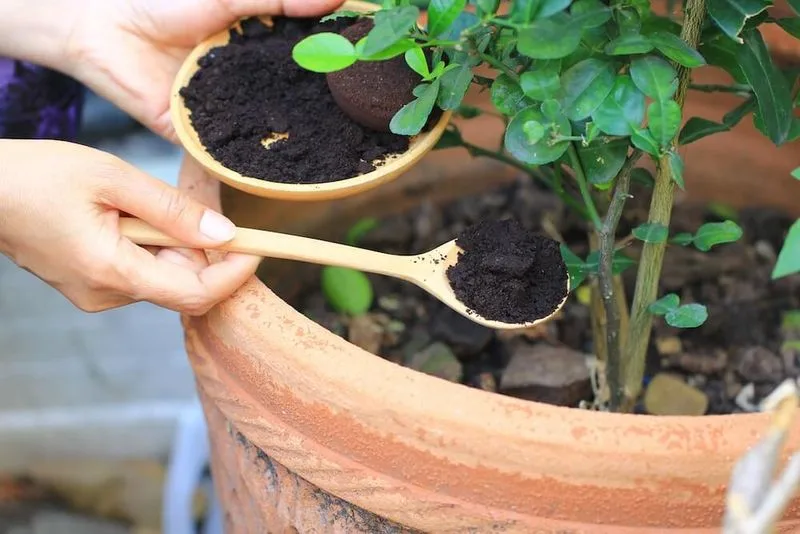
Sprinkling coffee grounds in your garden is supposed to acidify the soil. However, research shows they don’t significantly alter pH levels. Moreover, coffee grounds can compact and prevent water absorption, causing more harm than good.
Instead, try using sulfur or peat moss to effectively lower soil pH. These materials are proven to be more effective in creating the acidic environment that certain plants require.
If you still want to use coffee grounds, consider adding them to your compost pile where they can contribute to overall nutrient content instead of pH change.
Eggshells as Pest Deterrents
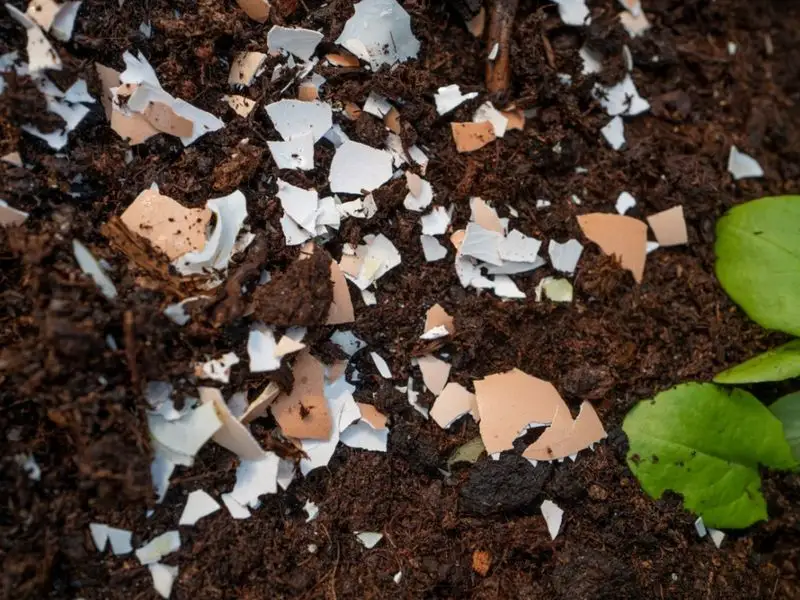
Crushed eggshells are often touted as a natural pest deterrent to keep slugs and snails at bay. Unfortunately, most pests easily navigate over them, rendering them ineffective.
A better solution is using copper tape or diatomaceous earth. These methods have been shown to physically deter slugs and snails more successfully.
While eggshells may not deter pests effectively, they are excellent for composting. They add calcium to your compost, which is beneficial for the soil when eventually spread in your garden.
Burying Banana Peels for Nutrients
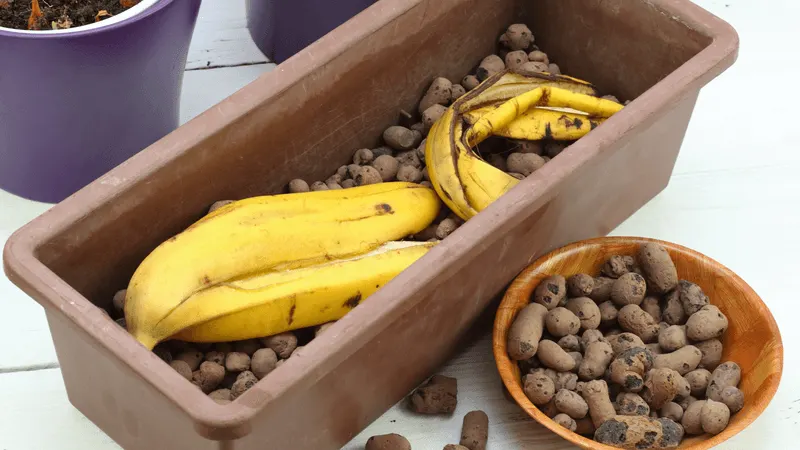
Burying banana peels in the garden seems like an easy way to add nutrients. However, they decompose slowly and can attract pests.
Instead, chop up banana peels and add them to your compost bin. This method speeds up decomposition, allowing beneficial nutrients like potassium to integrate into your compost more efficiently.
Your plants will benefit more from composted banana peels than raw ones buried directly in the soil. It’s a simple shift that turns a hack into a helpful habit for your garden.
Using Vinegar as a Weed Killer
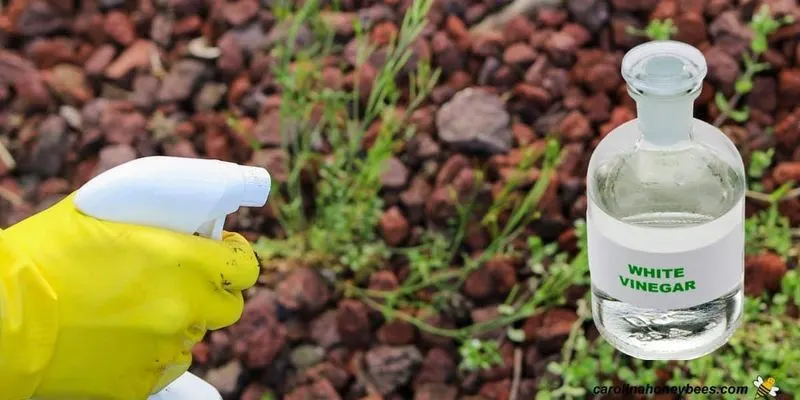
Vinegar is often suggested as a natural weed killer. While it can kill weeds, it also affects any plant it touches by altering soil pH.
A more effective approach is using boiling water directly on weeds, which kills them without altering soil conditions. Alternatively, opt for organic commercial weed killers designed to target specific weeds.
If you decide to use vinegar, apply it carefully and sparingly, ensuring it only contacts unwanted plants. This minimizes damage to surrounding flora in your garden.
Planting Marigolds to Repel All Pests
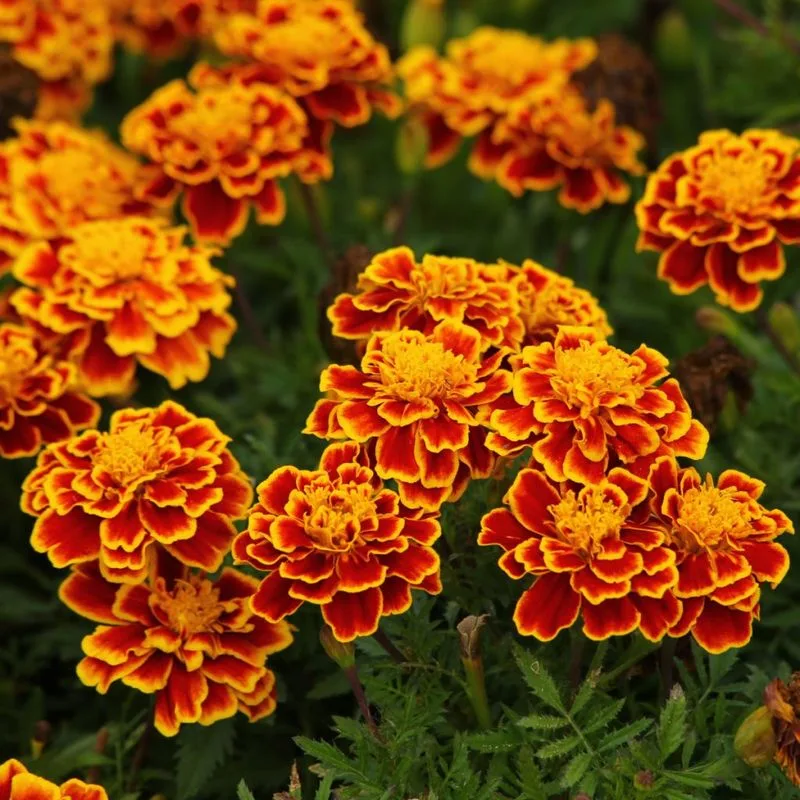
Marigolds are often planted with the belief that they repel a wide range of pests. While they can deter some nematodes, they don’t affect most common garden pests.
For a more comprehensive pest control, consider companion planting with a variety of herbs and flowers. Basil, mint, and chives can offer more effective deterrence for a range of insects.
Though marigolds aren’t a cure-all, they are lovely additions to the garden, providing bright colors and attracting beneficial pollinators like butterflies.
Sugar as a Fertilizer
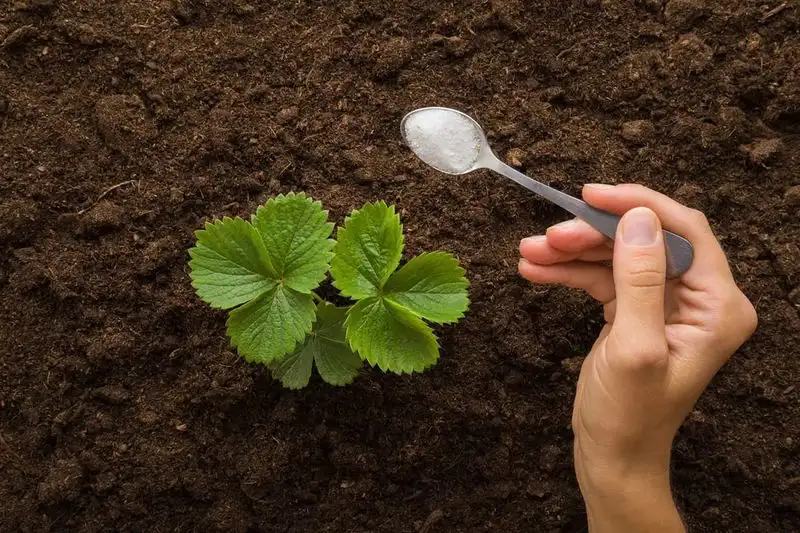
The concept of using sugar as fertilizer stems from its carbohydrate content. However, sugar does not contain the necessary nutrients plants require and can lead to mold growth.
To enrich your soil, rely on organic fertilizers or well-rotted manure. These provide essential nutrients like nitrogen, phosphorus, and potassium without the negative side effects.
While sugar may seem like a sweet solution, your garden will thrive better with a balanced, nutrient-rich fertilizer that supports plant health and growth.
Aspirin in Watering Can for Plant Health
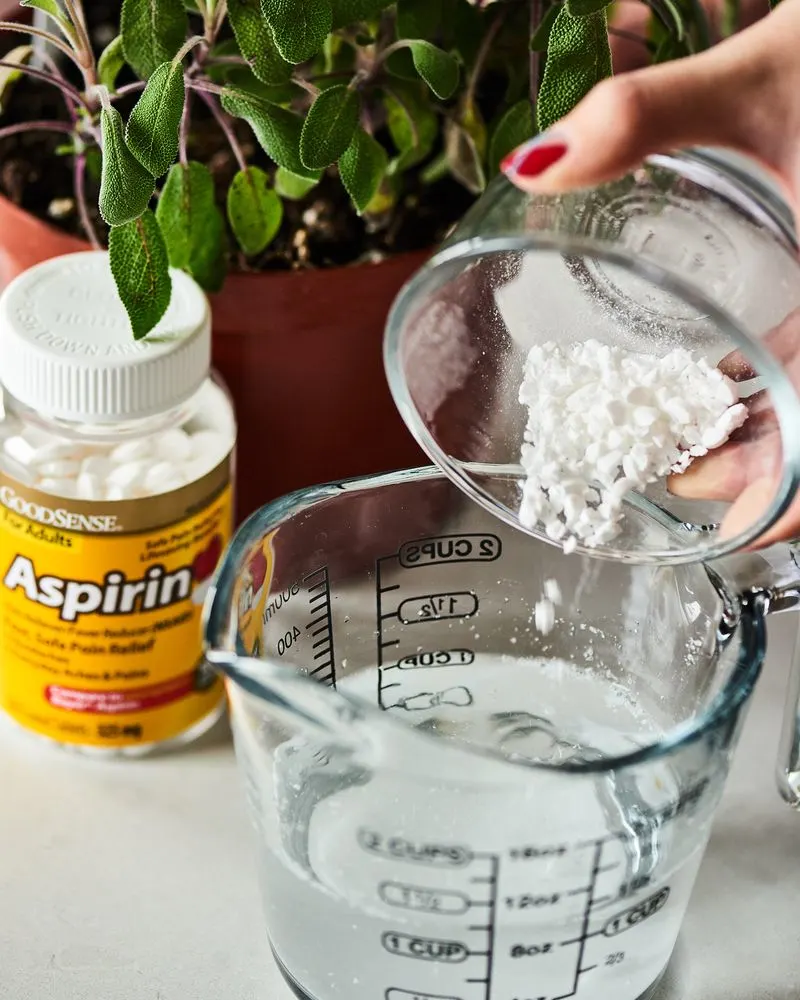
Adding aspirin to your watering can is believed to boost plant immunity. In reality, studies show mixed results, and aspirin could potentially harm young plants.
Instead, focus on maintaining healthy growing conditions with proper watering, sunlight, and soil nutrients. These foundational practices are key to fostering robust plant health.
Healthy plants naturally resist disease, negating the need for experimental remedies. Save your aspirin for headaches, and let traditional gardening practices guide your plant care routine.
Soap as a Deer Repellent
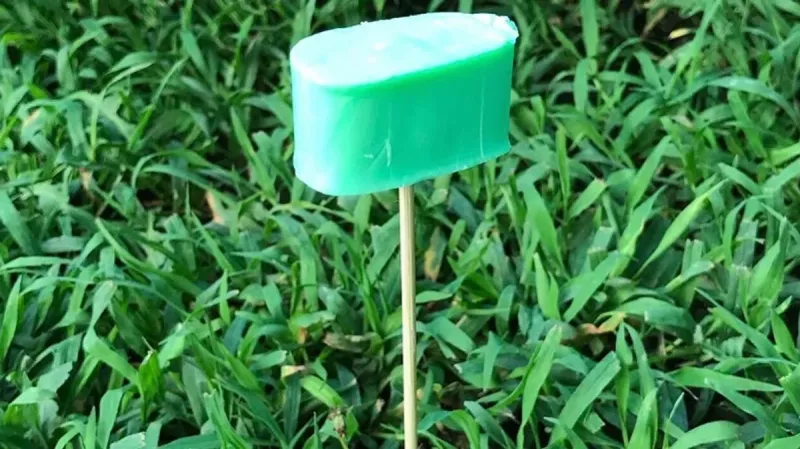
Hanging soap from trees is a common hack to deter deer, but its effectiveness varies and depends on specific circumstances like deer population and hunger.
A more consistent deterrent involves using physical barriers like fencing or motion-activated sprinklers. These methods are reliable and adaptable to different garden sizes.
While soap may offer a pleasant scent to humans, it’s not a foolproof deterrent for deer. Investing in more robust solutions will ensure your garden remains lush and untouched by these gentle grazers.
Putting Ice Cubes on Potted Plants
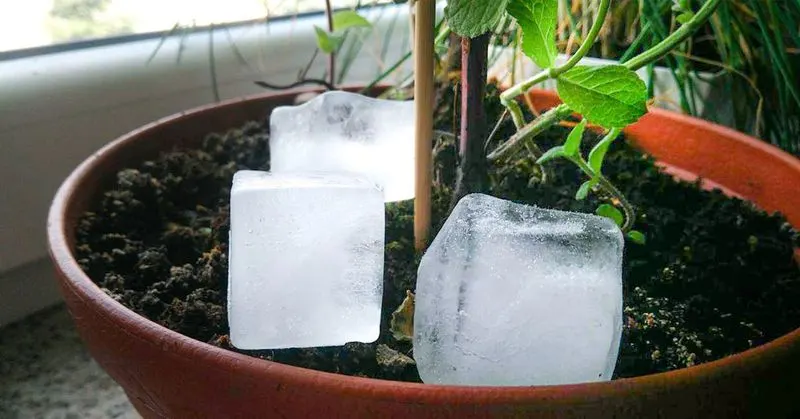
Placing ice cubes on potted plants is touted as a watering hack, especially for orchids. However, it can shock plant roots and lead to inconsistent moisture levels.
A better approach is regular, controlled watering that matches the specific needs of your plants. This ensures they receive a consistent moisture supply without the risk of cold shock.
Consistent care rather than quick fixes nurtures healthier plants. Avoid the icy chill and opt for a watering routine that supports robust growth and vibrant blooms.
Using Baking Soda for Sweeter Tomatoes
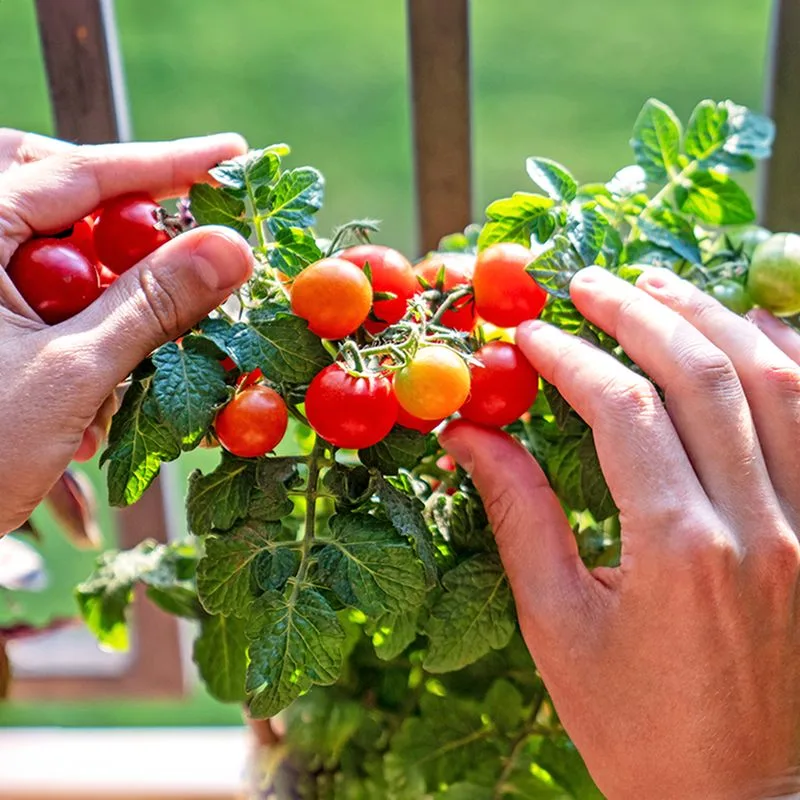
Baking soda is often recommended to make tomatoes sweeter by reducing soil acidity. However, there’s no scientific evidence to support this claim, and it may harm soil balance.
For naturally sweet tomatoes, choose the right varieties and ensure they receive adequate sunlight, water, and nutrients. This approach yields flavorful produce without risking soil health.
An informed choice of tomato variety paired with good gardening practices will consistently produce the sweet, juicy tomatoes you crave without relying on unproven hacks.
Plastic Forks for Pest Control
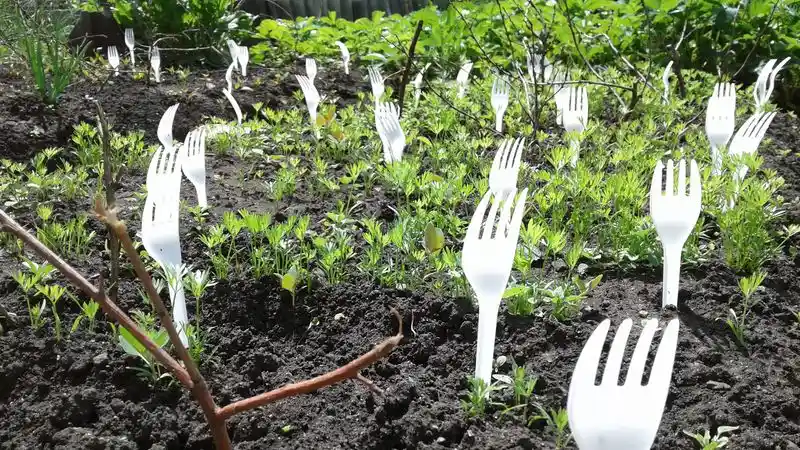
Inserting plastic forks into the ground is supposed to deter pests like cats and small animals. Unfortunately, many animals simply navigate around them, rendering them more of an eyesore than a solution.
Instead, consider natural deterrents like cayenne pepper or commercial animal repellents. These options are more effective and eco-friendly compared to plastic waste in your garden.
While plastic forks are a creative idea, they fall short of expectations. Rely on natural solutions for a pest-free garden that respects both the environment and its inhabitants.
Epsom Salt for Greener Plants
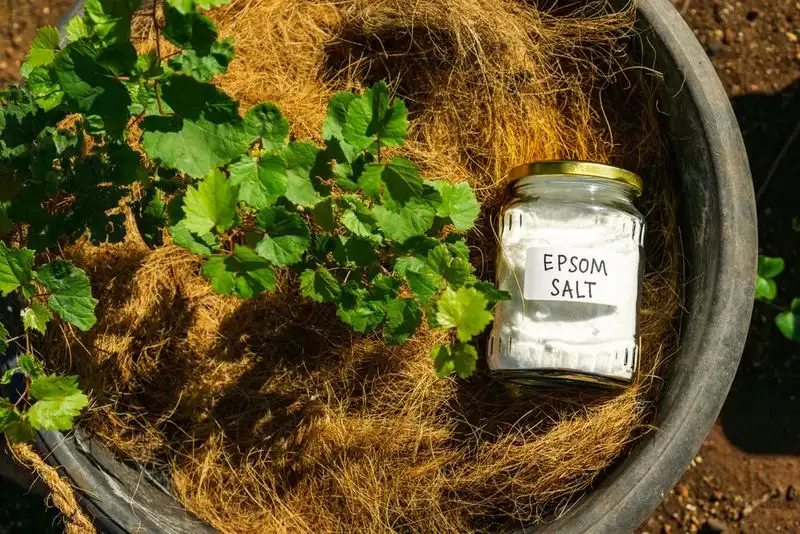
Epsom salt is often used to promote greener plants by increasing magnesium levels. However, unless your soil is deficient in magnesium, this hack is unnecessary and can lead to nutrient imbalances.
Conduct a soil test to determine if magnesium is needed. If it is, apply Epsom salt accordingly. Otherwise, focus on comprehensive soil health with balanced fertilizers.
Understanding your soil’s needs ensures a flourishing garden. Spare the Epsom salt unless it truly benefits your plants, and enjoy a verdant landscape informed by science.
Hydrogen Peroxide for Root Rot
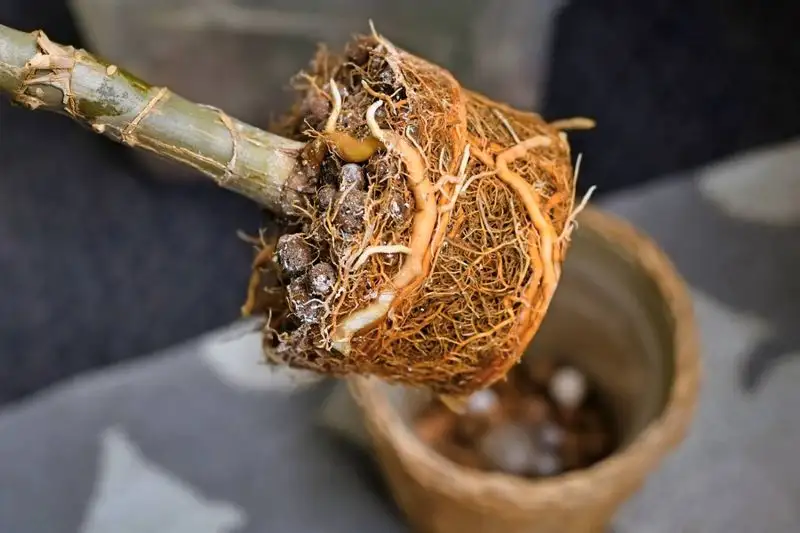
Using hydrogen peroxide to treat root rot seems logical due to its antifungal properties. Yet, it can harm beneficial soil organisms and lead to root damage if misused.
For root rot, first address drainage issues and avoid overwatering. If needed, repot affected plants in fresh, well-draining soil.
Prioritize preventive measures over reactive solutions. Healthy, well-drained soil is the best defense against root rot, keeping your plants vibrant and disease-free without resorting to harsh chemicals.
Boiling Water to Kill Weed Seeds
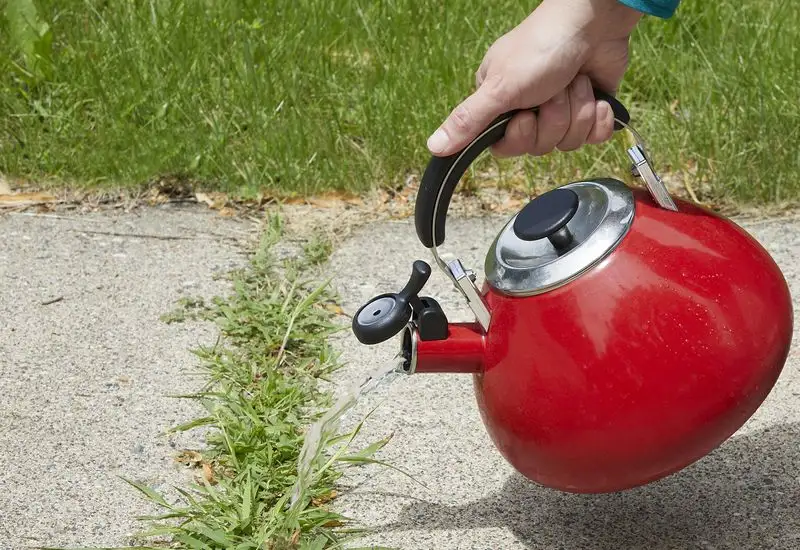
Boiling water is a quick fix to kill surface weeds and seeds, but it can also harm beneficial soil organisms and plant roots.
Consider using mulch to suppress weed growth naturally. Mulch not only prevents weeds but also retains soil moisture and improves fertility.
Balance immediate results with long-term benefits for a thriving garden environment. Mulch creates a nurturing ground that supports plant life and combats weeds without damaging essential soil life.
Using Newspaper for Weed Barrier
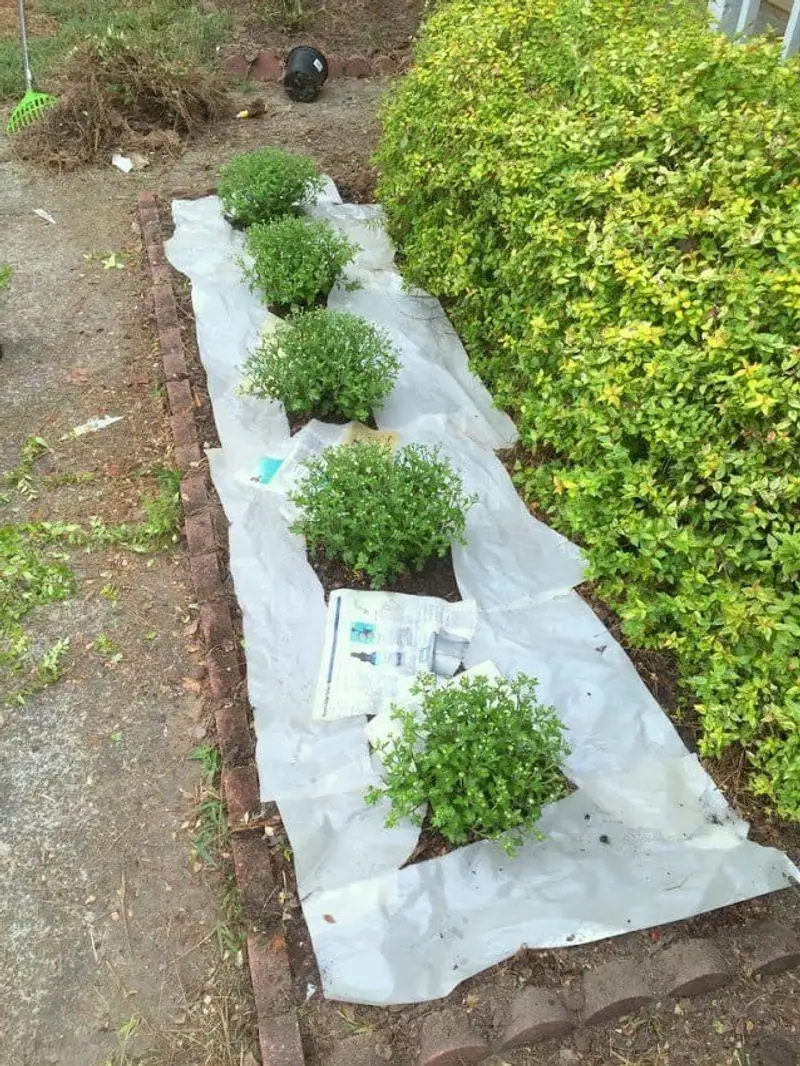
Newspapers as weed barriers are popular, but they often degrade quickly and can contain inks harmful to the soil.
Opt for landscape fabric instead, which is designed to block weeds while allowing air and water penetration. This option is durable and environmentally safe.
While recycling newspapers is admirable, ensuring garden health requires more resilient and non-toxic solutions. Use purpose-built materials to maintain a tidy garden free from invasive weeds.

